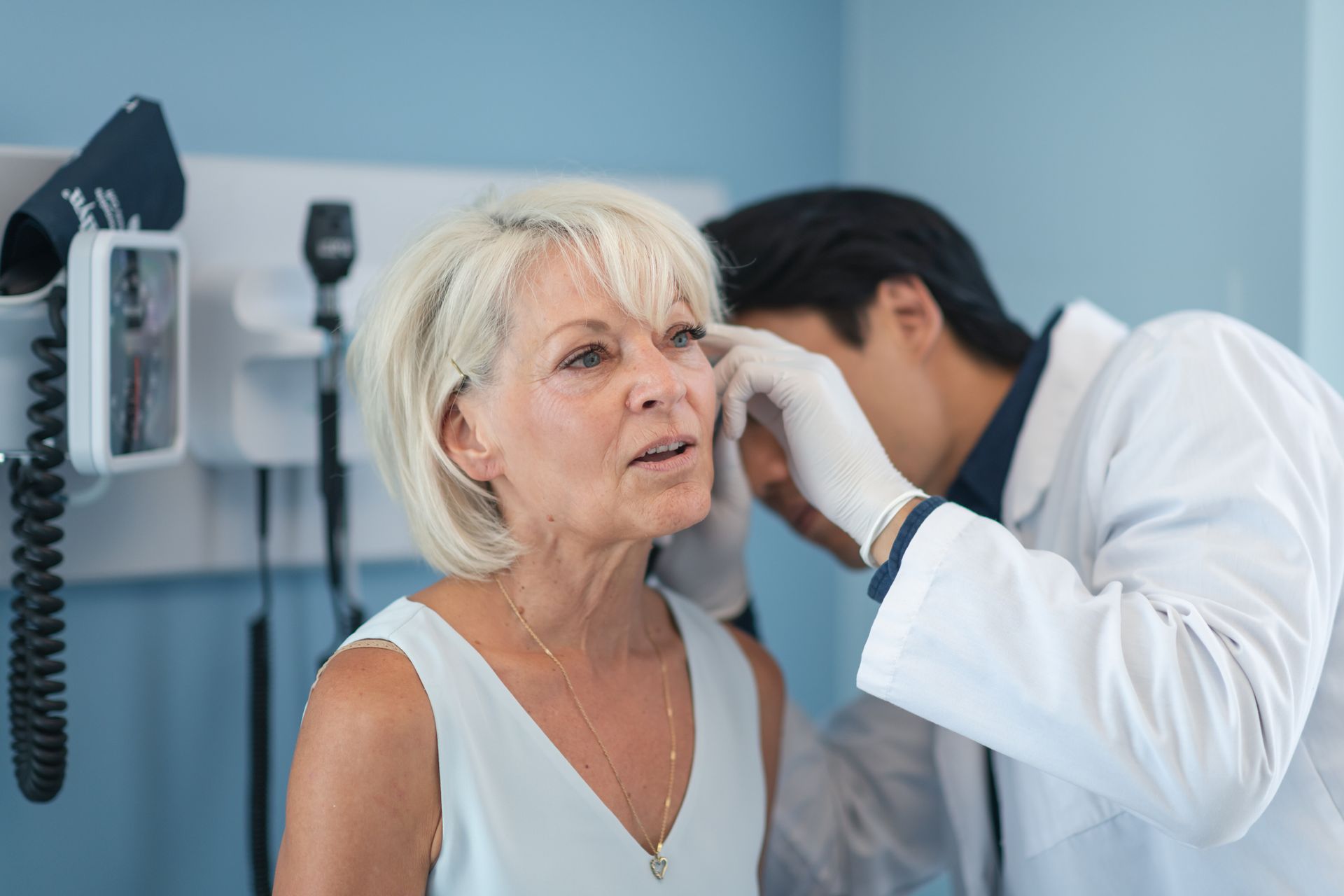The Importance of Colonoscopies
If you’re approaching 45, your doctor may advise you to schedule a colonoscopy. This simple outpatient procedure screens for abnormalities that may be indicative of colorectal cancer. Here’s why undergoing this procedure is important, even if you feel perfectly fine.
FAQ About the Importance of Colonoscopies
Why should I get one?
Colon cancer is highly treatable with early intervention. The disease usually only manifests symptoms in the later stages, so a preemptive screening is the only way to get a prompt diagnosis.
Undergoing periodic colonoscopies will allow your doctor to identify and remove any abnormal growths or polyps in a timely manner. While these growths may not be causing any noticeable problems, they may become cancerous if ignored.
When should I schedule my first colonoscopy?
The American Cancer Society advises healthy adults to start getting colonoscopies at around 45. This is because colorectal cancer is most common in older individuals. Almost 70% of all cases diagnosed are in those who are over 65, and 40% are in those over 75.
How often do I need to get a colonoscopy?
Healthy adults are advised to undergo a colonoscopy every 10 years between the ages of 45 and 85. Those over the age of 85 don't have to continue with screenings.
Who is at an increased risk for colorectal cancer?
If you're considered at high risk of colorectal cancer, your doctor may advise you to start screenings before turning 45. You may also be instructed to get colonoscopies more frequently than once every 10 years.
People are considered at high risk if they have a family history of colon cancer, a personal history of certain types of polyps, a personal history of inflammatory bowel disease, or a hereditary colorectal cancer syndrome. Having received radiation to the abdomen or pelvic area to treat prior cancer also increases risk.
If you’re due for a colonoscopy, speak to a primary care doctor at Northwest Community Health Center in Libby, MT, for a referral. The medical center has a highly qualified team of doctors, PAs, and nurses and offers preventative care and chronic disease management. Get more information about their services online, or call (406) 283-6900 to make an appointment.














